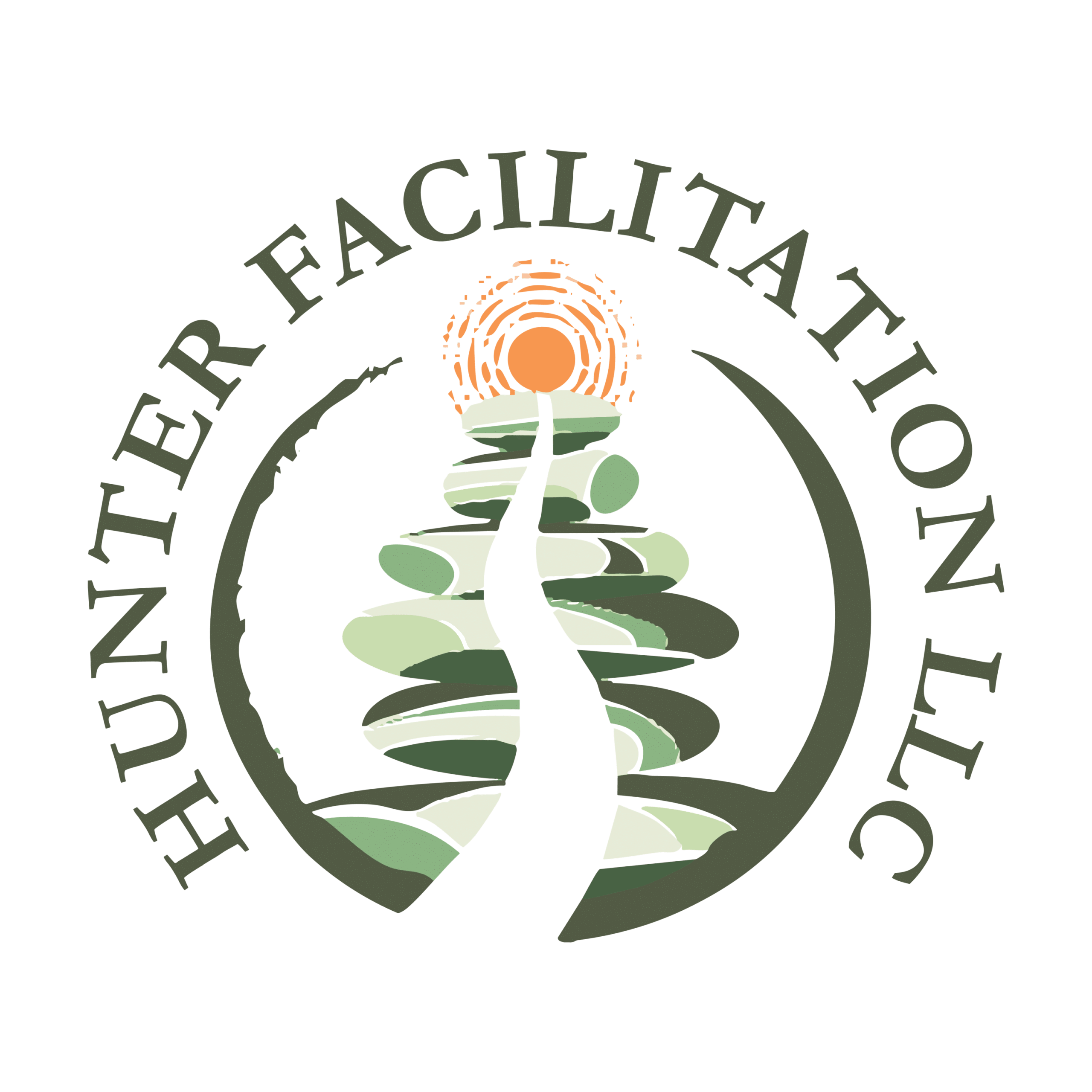In today’s fast-paced world, many of us find ourselves juggling multiple responsibilities, from demanding careers to caregiving for loved ones. While it’s admirable to manage these responsibilities, the constant stress they bring can take a significant toll on our health and well-being. In this blog post, we’ll explore the hidden health hazards of job and caregiving stress and discuss strategies to protect and enhance your overall well-being.
Stress is a natural response to the demands of life, but when it becomes chronic and overwhelming, it can have serious consequences for both our physical and mental health. Job-related stress, such as long hours, tight deadlines, and workplace conflicts, can lead to a range of health issues, including high blood pressure, heart disease, and depression. Similarly, the emotional and physical demands of caregiving can cause stress-related symptoms like fatigue, anxiety, and burnout.
One of the most significant health hazards of chronic stress is its impact on the immune system. Prolonged stress weakens the immune response, making you more susceptible to infections and illnesses. Additionally, stress can disrupt sleep patterns, impair cognitive function, and increase the risk of developing chronic conditions such as diabetes and obesity.
Moreover, the interplay between job and caregiving stress can create a vicious cycle of strain on your well-being. Balancing the demands of work with caregiving responsibilities can leave you feeling stretched thin, with little time or energy to prioritize self-care. This neglect of self-care can exacerbate stress levels, leading to further health complications.
So, how can you protect your well-being in the face of job and caregiving stress? First and foremost, it’s essential to recognize the signs of stress and take proactive steps to manage it. This may include practicing relaxation techniques such as deep breathing exercises, mindfulness meditation, or yoga. Setting boundaries and prioritizing self-care activities like exercise, adequate sleep, and healthy nutrition are also crucial for maintaining resilience in the face of stress.
Additionally, don’t hesitate to seek support from friends, family, or professional resources like therapists or support groups. Asking for help is not a sign of weakness but a proactive step toward protecting your health and well-being.
In conclusion, the health hazards of job and caregiving stress are real and significant. By acknowledging the impact of stress on your well-being and taking proactive steps to manage it, you can safeguard your health and thrive despite life’s challenges. Remember, your well-being is worth prioritizing, so don’t hesitate to take the necessary steps to protect it.




